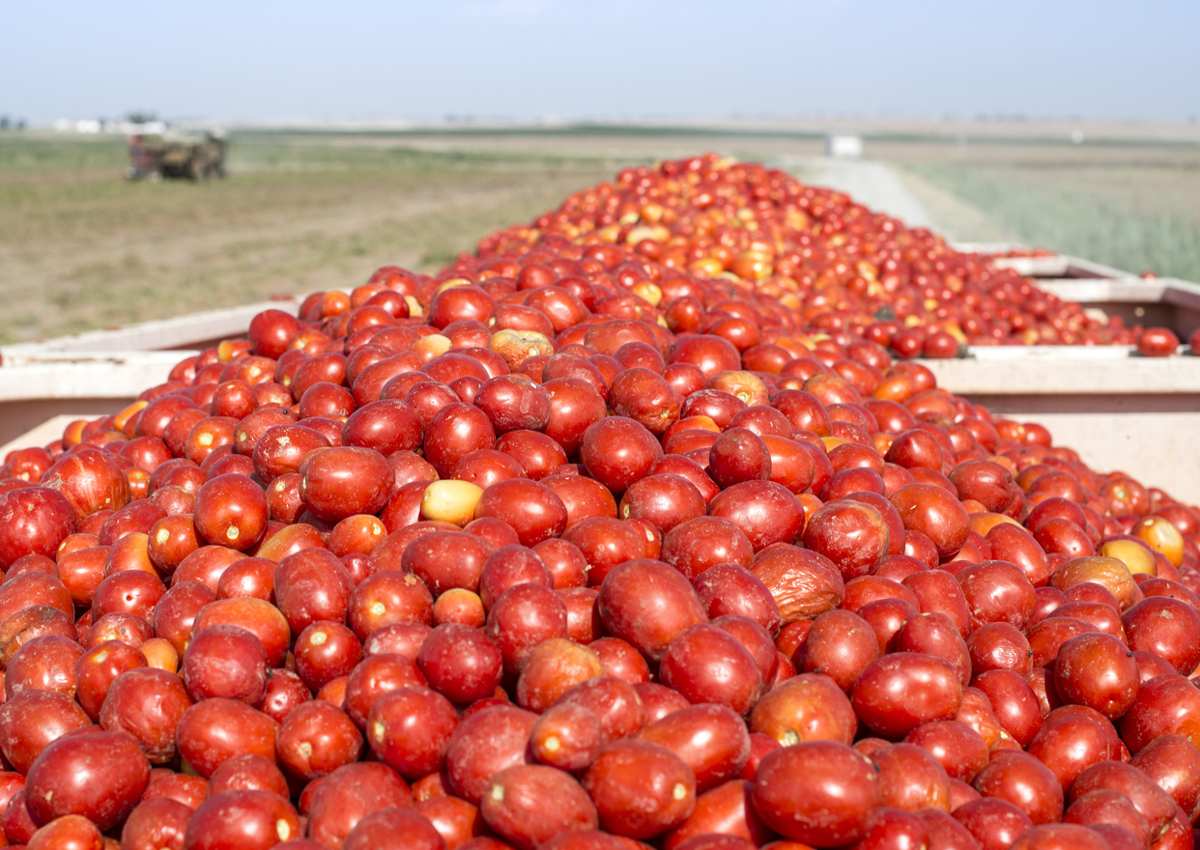
The escalating geopolitical crisis in the Red Sea is causing ripples across global markets, with the food sector taking a hit. Italy’s canned tomato industry, traditionally heavily reliant on exports—with approximately 60% of production crossing national borders—is no exception. Critical markets in Asia and Oceania, representing a substantial €380 million (13.5% of total exports), are now at risk due to heightened concerns over disruptions in the Suez Canal and the subsequent surge in freight costs.
Discover authentic Italian tomato-based products on the Italianfood.net platform
Giovanni de Angelis, General Director of the Italian Association of Vegetable Preserving Industries (Anicav), expresses deep concern: “The prevailing uncertainty in the global geopolitical landscape is unsettling. Developments in the Suez Canal are poised to significantly impact the export of our products. Asian and Oceanian markets, including key players like Japan and Australia, are pivotal for us. The escalating freight costs demand vigilant monitoring, potentially eroding the competitive edge of our overseas ventures. Compounded by shipping and container shortages, we are witnessing disruptions on other trade routes, leading to escalated freight expenses. This is further compounded by challenges in sourcing raw materials and semi-finished goods, particularly metal packaging from the Far East.”

ITALY’S CANNES TOMATO INDUSTRY OUTLOOK
Italy’s processed tomato sector stands as the nation’s paramount processed fruit and vegetable industry, boasting a substantial turnover of five billion euros in 2023 (with Anicav-associated companies contributing 3.5 billion). It plays a strategic role in Italy’s food sector.
Ranked third globally in tomato processing, following the United States and China, Italy maintains its position as the leading processor of tomato derivatives for final consumption. It commands a substantial 12.2% share of global production (equivalent to 44.2 million tons) and contributes 52% to the overall European processing landscape.
